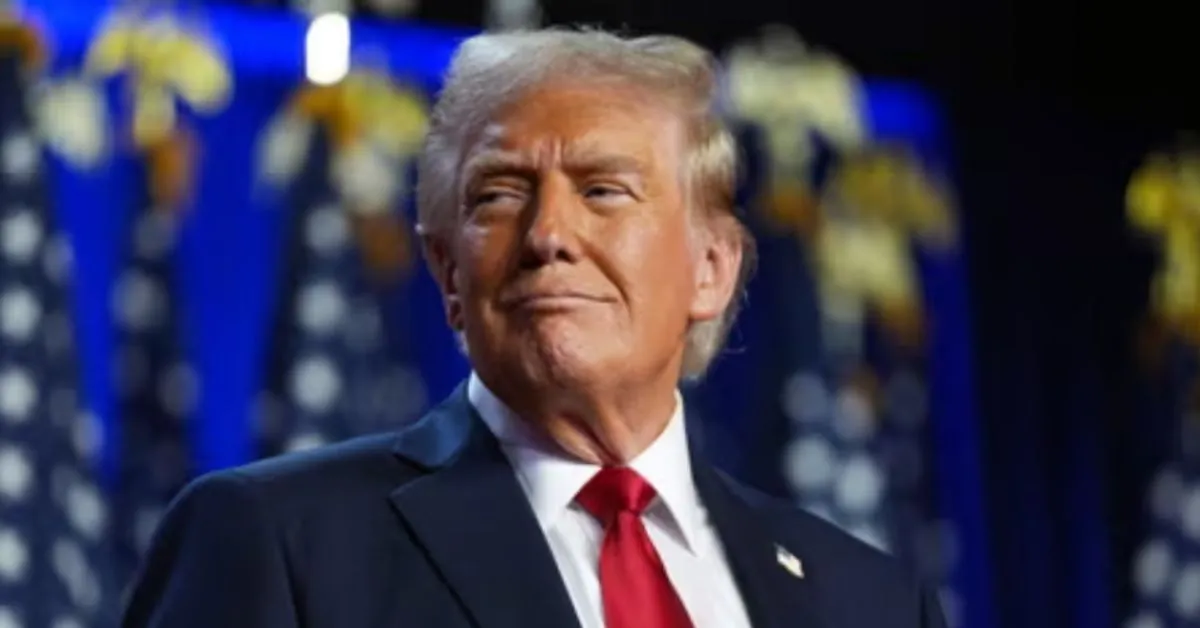Following Donald Trump’s 2024 presidential victory, the estimated 13 million undocumented immigrants in America face uncertainty.
The tale of Gabriela, a Bolivian national who has spent the past two decades in the United States, exemplifies this. She disguised herself among corn stalks in a smuggler’s car to enter the country, and now she works as a cleaner in Maryland. Trump’s campaign platform, which included vows of widespread deportation, has sparked considerable alarm among immigrant populations across the nation. Gabriela, on the other hand, maintains a rather collected demeanor about the situation. “I am not scared at all,” she says, emphasizing her tax compliance and work ethic. “That’s something criminals should be concerned about. I work and pay my taxes.
She confidently adds, “In any case, I’m undocumented.” “So, how would they find out about me?”
The president-elect’s rhetoric has raised concerns about future workplace enforcement operations, family disruptions, and systematic deportations. While Trump regularly campaigned for mass deportation during his campaign, describing undocumented immigrants as resource drains and security dangers, the particular mechanics of these proposed operations are unknown. Tom Homan, Trump’s newly designated border czar and former acting director of Immigration and Customs Enforcement, has laid out a policy that prioritizes the removal of people who are regarded as a threat to public safety.
During a Fox News appearance, Homan defended the strategy, saying, “We’re going to carry out the mandate the American people gave President Trump.” What member of Congress, governor, or mayor is opposed to removing public safety hazards from their communities?”
While deportations were common during the Biden administration, with over 1.5 million people deported, Trump’s suggested policy indicates a more forceful approach. Analysts believe that activities would expand beyond border regions, possibly involving military assets such as National Guard men and planes for detention and deportation proceedings. Trump’s running mate, JD Vance, has claimed that early operations could target up to one million people, although precise plans are unknown. Surprisingly, some undocumented immigrants see possible positives in Trump’s presidency, particularly in terms of economic opportunities.
Some people express concern about enforcement activities while staying enthusiastic about possible economic benefits. Mixed-status families have unique obstacles in this setting. According to the American Immigration Council, stronger enforcement measures might have a substantial impact on more than five million US citizens born to unlawful immigrants. These families must navigate complicated situations in a country that has traditionally provided opportunity for those seeking better lives.











Leave a Reply